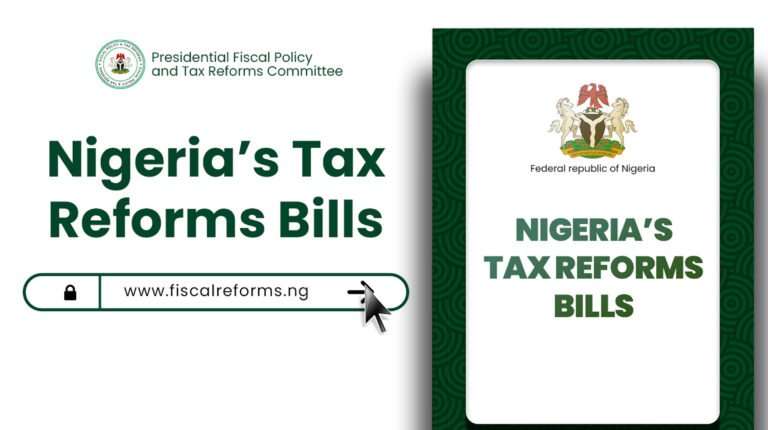Nigeria’s long-awaited tax reform laws have been published in the government gazette, marking a significant overhaul of the country’s fiscal framework and revenue administration.
Signed into law on June 26, 2025, the four legislations include the Nigeria Tax Act (NTA), 2025; Nigeria Tax Administration Act (NTAA), 2025; Nigeria Revenue Service (Establishment) Act (NRSEA), 2025; and the Joint Revenue Board (Establishment) Act (JRBEA), 2025.
Confirming the publication on his official X handle, Taiwo Oyedele, chairman of the Presidential Committee on Fiscal Policy and Tax Reforms, said the reforms would modernise Nigeria’s tax system, improve compliance, and create a business-friendly environment.
“The NTA and NTAA will commence on 1st January 2026, while the NRSEA and JRBEA have a commencement date of 26 June 2025 to ensure readiness of the relevant institutions ahead of full implementation in 2026,” Oyedele said.
The laws exempt companies earning less than N100 million in annual turnover and holding assets below N250 million from corporate tax. Large firms may see corporate tax reduced from 30 percent to 25 percent, subject to a presidential order based on advice from the National Economic Council.
To attract investment, the reforms introduce a 5 per cent annual tax credit for priority sector projects and allow companies with foreign currency transactions to pay taxes in naira at prevailing official rates.
The committee also clarified that a proposed 5 per cent fuel surcharge will not apply to household kerosene, cooking gas (LPG), compressed natural gas (CNG), or renewable energy products, after concerns the levy could worsen living costs.
Observers say the reforms are expected to simplify Nigeria’s tax landscape, support SMEs, and reduce reliance on oil revenues as the country works to stabilise its fiscal system.
Nigerian Businesses Struggle As Loan Interest Rates Hit 36%





